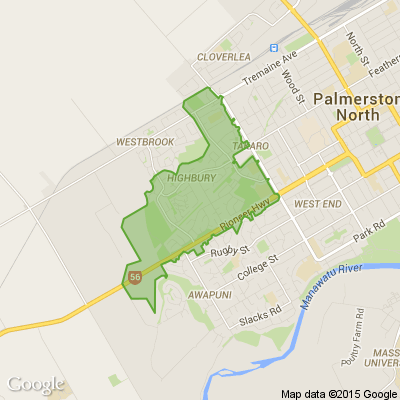Growing Your Own Linen
Linen has been used for thousands of years for clothes, beding and furnishings. It is loved for its soft and cool feel. It is a very strong and durable material which will last much longer than other alternatives, like cotton. Growing your own linen may see overwhelming, but it helps to break it down into manageable steps.
Plant 1 kg. fibre flax seed in a 6m x 6m plot
One plot will give you enough fibre to make a shirt from line (long linen fibres) and tow to weave a couple of towels. Your actual yield will depend on growing conditions, how well you weed the plot and how perfect your retting and hackling techniques are.
Broadcast the seed thickly, over well tilled ground and then walk on it to firm the seed in.
Weed it well about 4 weeks after planting.
Your flax will take about 2 weeks to germinate in a cool, wet spring. When it reaches just over 5cm in height you should walk into the plot and weed it well. You can step on the plants without damaging them when they are between 5cm and 30cm tall.
Admire the blue flax flowers as the linen grows
Once the bed has been weeded well, you can just admire it as it grows. About 60 days from planting the flowers start to open. It is very beautiful watching the blue flowers swaying in the breeze. Each flower is open for only one day. Each stock produces several flowers and each flower turns into a seed boll with 6 to 8 seeds.
100 days after planting, harvest the flax
The stocks of flax will be 2/3rds yellow and 1/3rd still green when it is ready to harvest. The flowering will be finished and each slender flax plant will have 4 to 6 seed bolls. You harvest the flax by hand, by pulling each plant out by the roots. Toss the weeds and place the stems of flax in order. Tie into bundles (shooks) about 30cm across, using strong twine.
See the whole method here: www.curtainclean.co.nz...
Worst Xmas ever?
There's a a lot of planning that goes into Christmas day and sometimes things just don't go to plan. But it can be a good thing - a family mishap or hilarious memory that you can laugh about in Christmases to come.
Whether you burnt the dinner or were stranded at an airport...
Share your Christmas mishaps below!

⚠️ DOGS DIE IN HOT CARS. If you love them, don't leave them. ⚠️
It's a message we share time and time again, and this year, we're calling on you to help us spread that message further.
Did you know that calls to SPCA about dogs left inside hot cars made up a whopping 11% of all welfare calls last summer? This is a completely preventable issue, and one which is causing hundreds of dogs (often loved pets) to suffer.
Here are some quick facts to share with the dog owners in your life:
👉 The temperature inside a car can heat to over 50°C in less than 15 minutes.
👉 Parking in the shade and cracking windows does little to help on a warm day. Dogs rely on panting to keep cool, which they can't do in a hot car.
👉 This puts dogs at a high risk of heatstroke - a serious condition for dogs, with a mortality rate between 39%-50%.
👉 It is an offence under the Animal Welfare Act to leave a dog in a hot vehicle if they are showing signs of heat stress. You can be fined, and prosecuted.
SPCA has created downloadable resources to help you spread the message even further. Posters, a flyer, and a social media tile can be downloaded from our website here: www.spca.nz...
We encourage you to use these - and ask your local businesses to display the posters if they can. Flyers can be kept in your car and handed out as needed.
This is a community problem, and one we cannot solve alone. Help us to prevent more tragedies this summer by sharing this post.
On behalf of the animals - thank you ❤️










 Loading…
Loading…



















